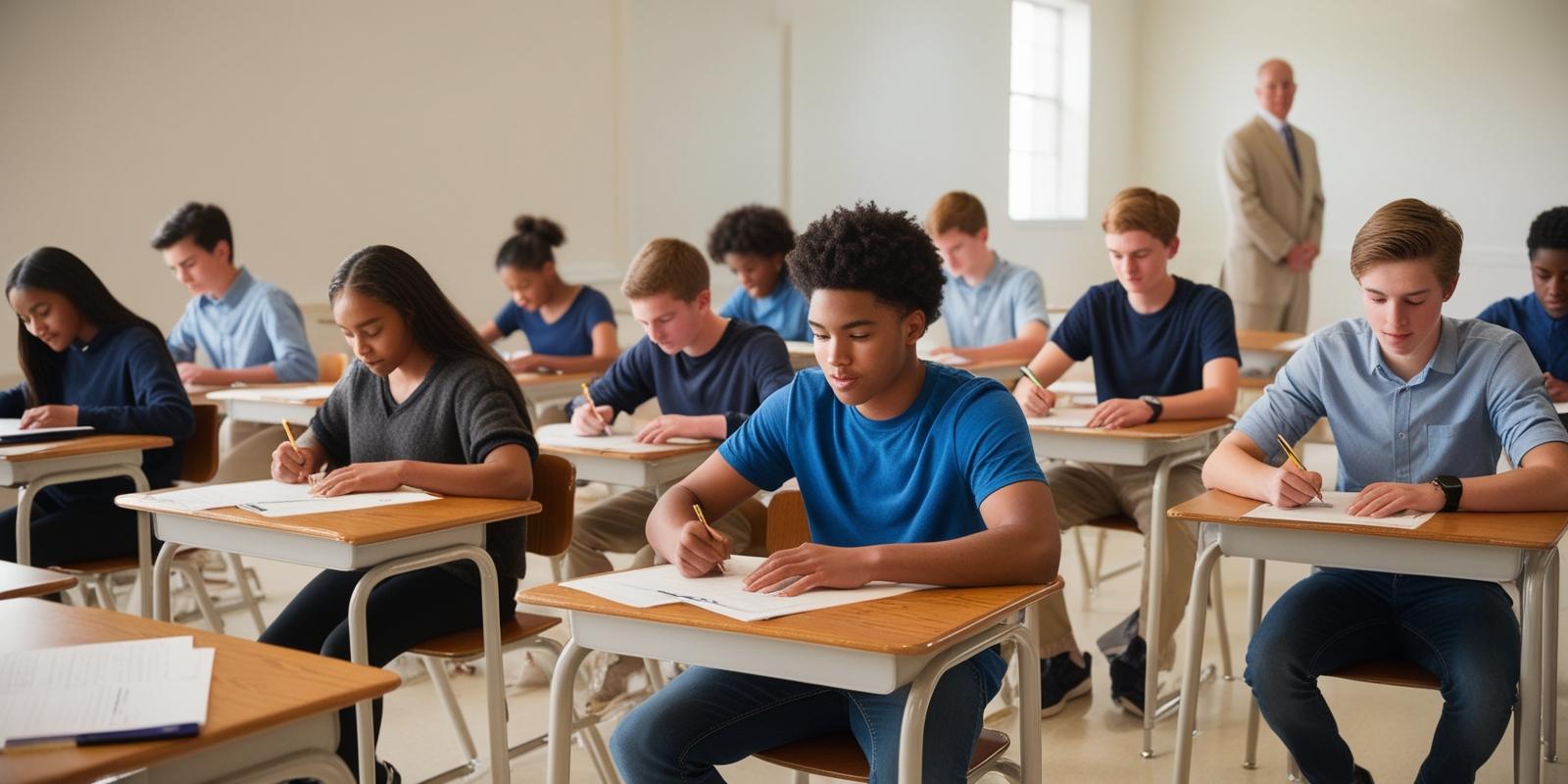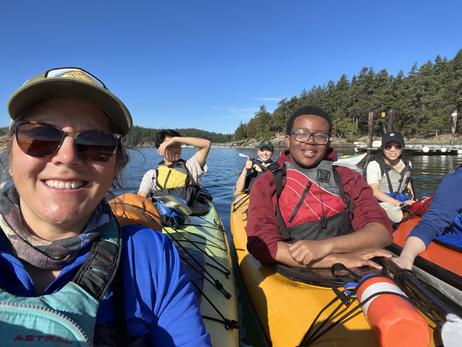Academics: International Baccalaureate & Advanced Placement
The International Baccalaureate Diploma Programme (IBDP) and Advanced Placement (AP) are two prestigious academic curricula found in boarding schools offering rigorous college-preparation academics. While both programs offer significant benefits and have similar aims, they differ substantially in structure, philosophy, and the way they present their subject material. In this article, we'll examine these differences in order to help you make informed decisions about which program works best for you.
Canva generated this picture of students taking a practice AP test.

The International Baccalaureate Diploma Programme
The International Baccalaureate Diploma Programme is a comprehensive two-year curriculum designed for students aged 16-19. Established with a global perspective, the IBDP aims to develop students who excel not only intellectually but also physically, emotionally, and ethically.
Established in 1968, the International Baccalaureate® (IB) Diploma Programme (DP) was the first programme offered by the IB and is taught to students aged 16-19. Source: IB.org
Teacher Training and Lesson Planning
One of the questions to ask when you are researching schools is what training, certifications, and experience their IB or AP teachers have.
Teacher Training International Baccalaureate (IB)
To teach IB courses, teachers typically need specialized training and certification.
- The International Baccalaureate Organization offers various levels of certification, including the IB Certificate in Teaching and Learning, which requires completing a recognized program of study.
- For higher-level certifications, such
























